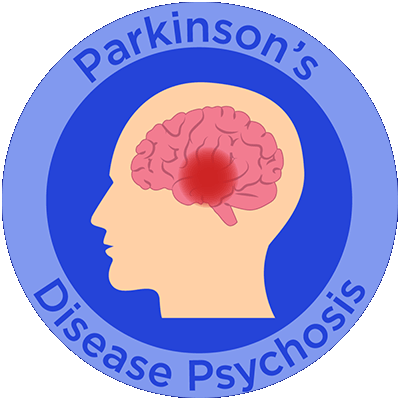Patient Toolkit
-
Advancing age- Parkinson’s disease (PD) generally manifests in the middle to late years of life, and the risk of developing PD continues to increase as a patient ages.
-
Sex- Men are more than twice as likely to develop Parkinson’s disease than women. Women often report tremor as their first symptom, and men are more likely to experience slow and rigid movement at first.
-

Parkinson’s disease affects the nerve cells in the brain that produce dopamine. Symptoms include muscle rigidity, tremors, and changes in speech and gait. After diagnosis, treatments can help relieve symptoms, but there is no cure.

 Go 6th slide
Go 6th slide
Patient Toolkit Introduction
The most important member of every health care team is you, the patient. It is essential that every member of the health care team empower you with the tools necessary to make informed decisions about your health care. The information provided in this patient toolkit is designed to answer several of your questions and provide information about certain aspects of the ever-evolving field of Parkinson’s disease. We include several sources, including frequently asked questions, a treatments page, and resources for additional reading and national societies for more information.








